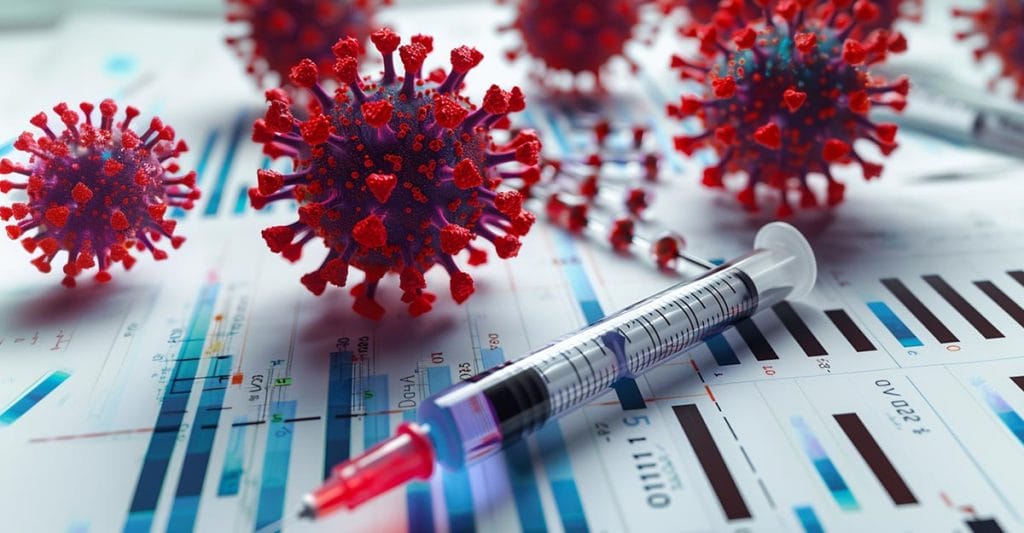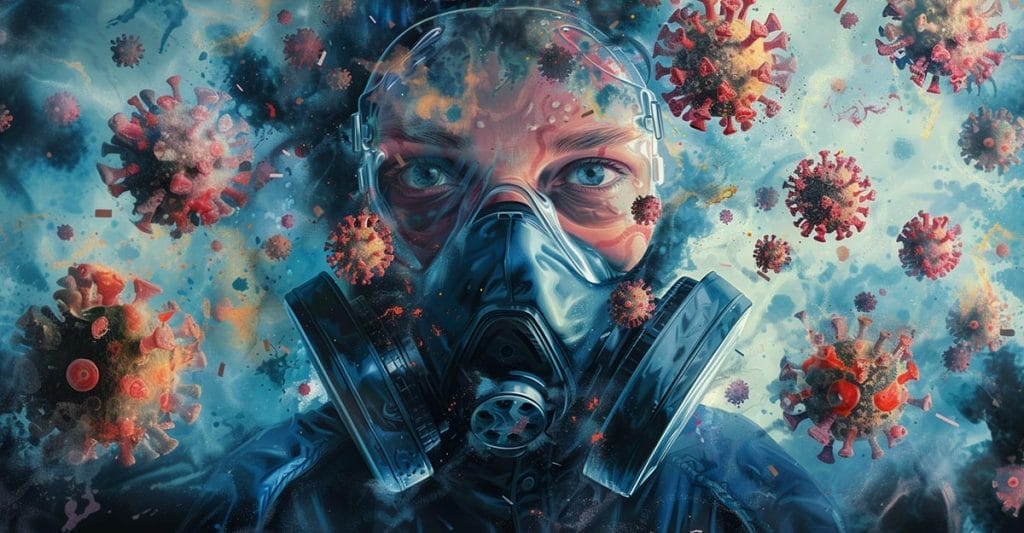The following is an excerpt from The Vaccine Reaction.
Findings from a new study published in the Journal of Medical Internet Research Public Health Surveillance showed that a new artificial intelligence (AI) tool is able to predict whether someone is willing to get a Covid-19 shot.
Researchers at the University of Cincinnati and Northwestern University aimed to determine the predictive power of a small interpretable set of judgment variables using machine-learning algorithms to profile and predict an individual’s likelihood of getting a Covid shot and interpret which judgment variables are important for accurate prediction.
Machine-learning is a branch of AI and computer science that focuses on using data and algorithms to enable artificial intelligence to imitate the way that humans learn, gradually improving its accuracy.
Nicole Vike, PhD, lead author of the study and senior research associate at University of Cincinnati College of Engineering and Applied Science, said:
Covid-19 is unlikely to be the last pandemic we see in the next decades. Having a new form of AI for prediction in public health provides a valuable tool that could help prepare hospitals for predicting vaccination rates and consequential infection rates.
Vaccine Refusal During Covid Pandemic Drove Researchers to Develop AI Tools to Predict Behavior
Despite federal, state, and employment vaccine mandates, many Americans refused to get Covid shots, which led researchers to study the psychology underlying vaccine refusal and differences between people who were fully vaccinated versus those who were not.
The researchers state that previous research confirms that reward and aversion judgments are important when making vaccination choices, but there have been no studies using cognitive science with machine-learning to predict if people will or will not take a Covid shot.
The researchers surveyed 3,476 adult participants across the United States in December 2021 asking questions about their demographics, Covid shot status (whether or not they were fully vaccinated), and Covid precautionary behavior, such as mask wearing, social distancing, hand sanitizing, and not gathering in large groups.
Participants also completed a picture-rating task using images from the International Affective Picture System. Images were rated on a Likert-type scale to determine the degree of liking and disliking.
Findings from the study show that artificial intelligence can make accurate predictions about human attitudes with minimal data or reliance on costly clinical assessments. Aggelos Katsaggelos, PhD, a professor of electrical engineering and computer science at Northwestern University, said:
The study is anti-big-data. It can work very simply. It doesn’t need super-computation, it’s inexpensive and can be applied with anyone who has a smartphone. We refer to it as computational cognition AI. It is likely you will be seeing other applications regarding alterations in judgment in the very near future.
The researchers believe that predicting vaccine uptake may assist in vaccine supply chain and administration logistics by identifying geographical areas that may need more or fewer vaccines, targeting messaging to locations with predicted low vaccine uptake, and preparing areas that are more likely to experience more cases of infection that impact health services and infrastructure.
Link to article here.

The Lemonade Mermaid Store
Unique gifts for Land or Sea Mermaids, Mer-pets and Little Mermaids!
Left: Pastel Beach Necklace $16




“Having a new form of AI for prediction in public health provides a valuable tool that could help prepare hospitals for predicting vaccination rates and consequential infection rates.”
That’s hilarious, as it appears to assume that vaccination stops “consequential infection rates” when the fake COVID “vaccines” had either NO impact on infection rates or actually INCREASED infection rates because “vaccinated” people wrongly assumed that they could no longer catch OR transmit the virus, and consequently stopped taking precautions against getting or transmitting the virus. They were relying upon the OLD definition of “vaccine” or “vaccination,” apparently clueless that the CDC changed the definition in 2021.
This is a Darwinian intelligence test, as people who believe the lies they’ve been told about post-COVID “vaccines” will have their own gullibility and lack of intelligence lead to their own extinction.
AI can predict the character weaknesses and those who failed to learn from COVID! Doubtful!